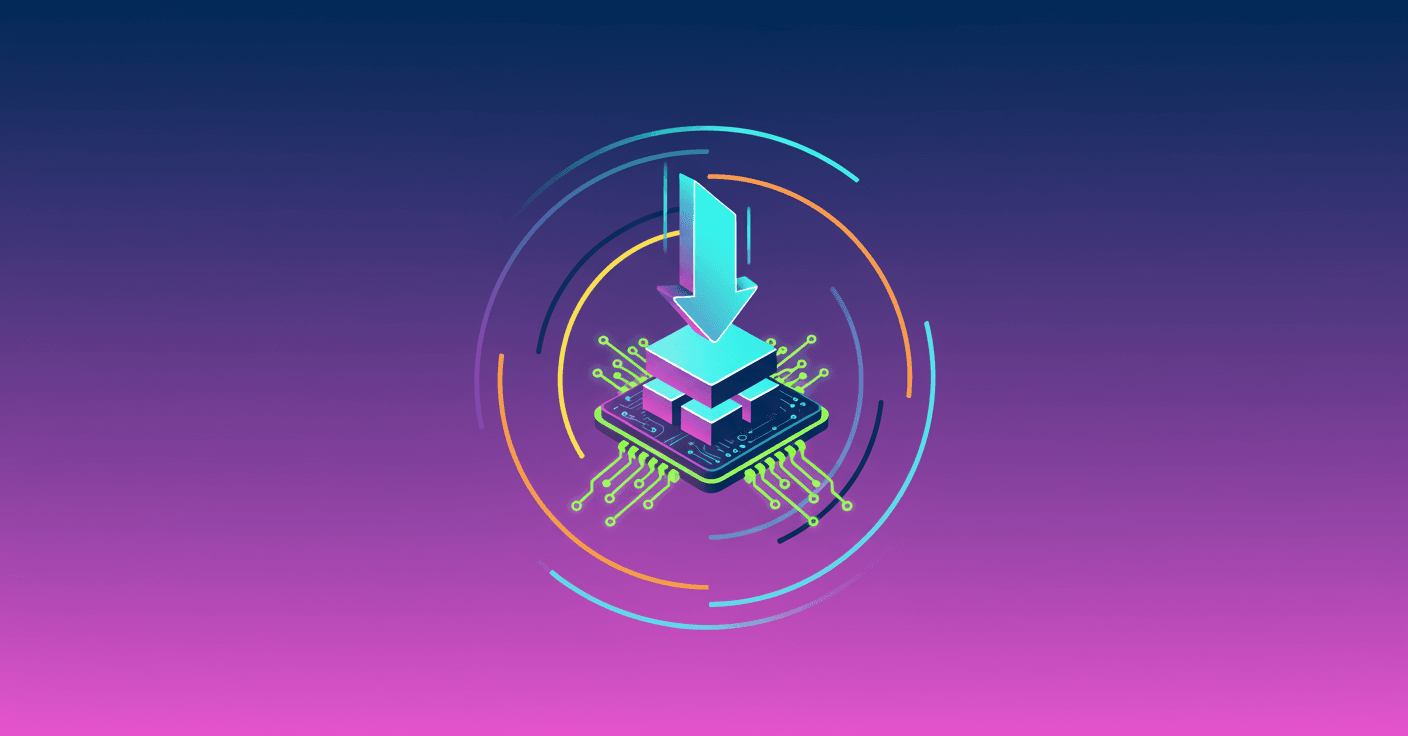Google updates its Gemini 1.5 models with improvements aimed at production. If you work with large models or plan to integrate them into products, this changes cost and speed in a tangible way.
What changes in Gemini 1.5
The most important points are direct and practical:
- New models: Gemini-1.5-Pro-002 and Gemini-1.5-Flash-002.
- Significant price reduction on 1.5 Pro for prompts under 128K tokens, effective October 1, 2024.
- Increases in paid rate limits: 1.5 Flash rises to 2000 RPM and 1.5 Pro to 1000 RPM.
- Performance improvements: output 2x faster and up to 3x lower latency.
These changes were announced by Google on their developer blog. (deepmind.google)
